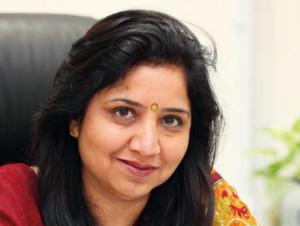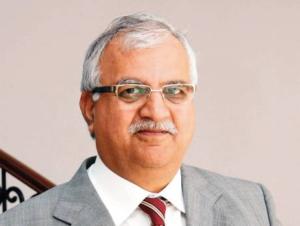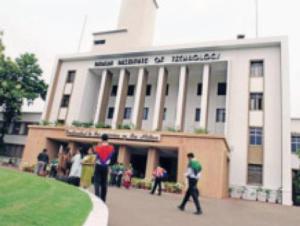
New India admission rule stuns expats
Eligibility for Direct Admission of Students Abroad scheme increased to five years of stay abroad from two years currently.
Dubai: The Indian government’s decision to abruptly change the criteria for expatriate students seeking admission in engineering and technical colleges back home risks jeopardising many promising futures, teachers and students said.
The matter pertains to an amendment to the Direct Admission of Students Abroad (DASA) scheme, which was initiated by India’s Ministry of Human Resource Development in 2001. The scheme allowed non-resident Indians, foreigners and persons of Indian origin to seek admission to undergraduate and post graduate courses in premier technical institutes in India. Till 2016, the elibility critera was a two-year education abroad in grades 11 and 12. The students were also required to take Scholastic Aptitude Test (SAT).
However, just a day before commencement of registration on April 1 this year, the Indian government increased the minimum foreign residency requirement to to five years from two.
This also means that expatriate students who do not fit the eligibility criteria are now supposed to compete with the regular students for seats to prestigious institutes. Academicians argue that this is not a healthy competition as students living abroad do not have the same competitive edge and attitude to last out in the regular battle of admissions, which is known to be a very taxing process in India.
The move is likely to impact hundreds of Indian students in the Gulf region, teachers said.
One such student is Rohil Baruah, a grade 12 student of Delhi Private School, Sharjah, who has secured a perfect 2,400 SAT score. The student came to Dubai when his father Sumeet Baruah, an Indian national, started working in UAE, on deputation with a multinational company.
Vandana Marwaha, principal of DPS Sharjah, told Gulf News: “The student [Rohil] secured full marks in SAT and did not appear for the Joint Entrance Exam (JEE) as DASA was his sure shot method to get into a premier Indian university. Now, with the change in rules, he falls one year short. He has made several representations to the ministry, but to no avail. Nearly 25 per cent of students seeking admission in Indian universities are affected in our school and most of them are children of parents on deputation from the Indian government. These postings are typically for three to four years.”
Dr Ashok Kumar, CEO of Indian High School, told Gulf News that he has made a presentation to Navdeep Singh Suri, Indian Ambassador to the UAE, on the issue.
“If the government wanted to check any misue of DASA rules, they should have given enough time to students. As per the new requirement, many meritorious students will not qualify despite having done very well in their exams. Moreover, this change was most abrupt after already publishing the Admission Brochure 2017. If at all the additional qualifying criteria was required, it should have been brought in from the next academic year 2018, giving both students and parents adequate time to make alternate arrangements. This comes as a huge disappointment and is highly demotivating for the deserving students.”
Meanwhile, Children of Indians Working in Gulf (CIWG) has initiated a blog to allow parents to raise their concerns over the move.
One Indian expatriate, Muthu K Kumarvel from Saudi Arabia, blogged about his son who has completed four years of education in Saudi Arabia.
The boy is now disqualified for DASA with the new eligibility criteria of five years.
Kumarvel wrote that his son spent an entire year preparing for the admissions and he spent a lot of money on coaching and travelling to another city to facilitate his son appearing for SAT exams.
A SAT score of 1,800 is pre-requisite for DASA.
Meanwhile, Yogesh Deshpande, chief coordinator for DASA from the Viswesariya National Institute of Technology in Nagpur, told Gulf News: “We are aware that parents of many students abroad have registered such complaints. However, we are unable to extend any help in these cases as we have been retained by the ministry to act and we follow the agenda of the competent authority only.”
Source: Gulf News




